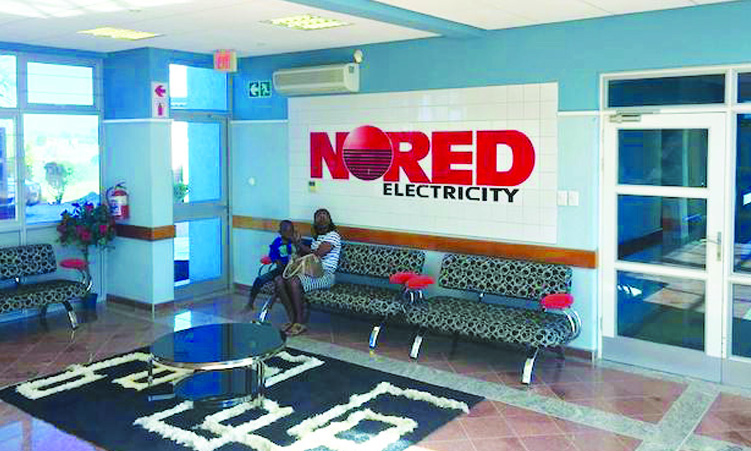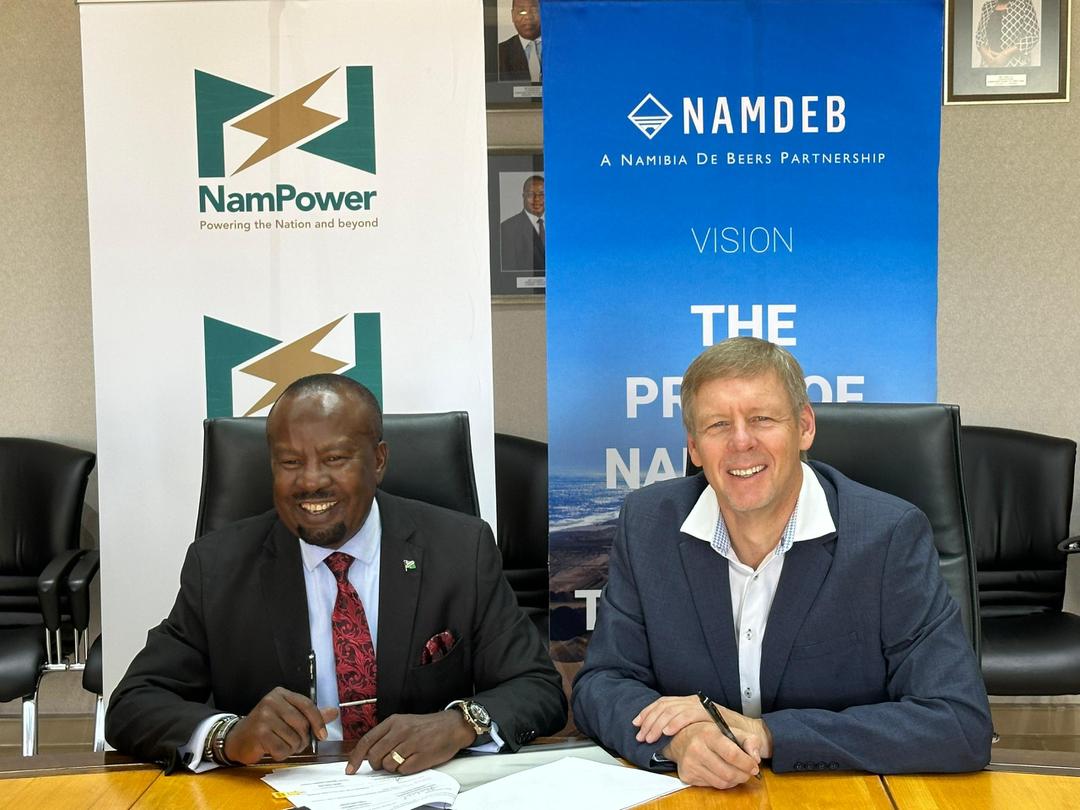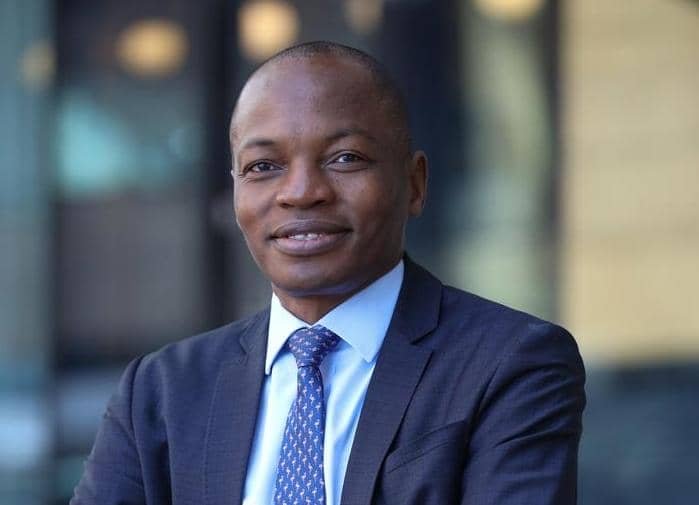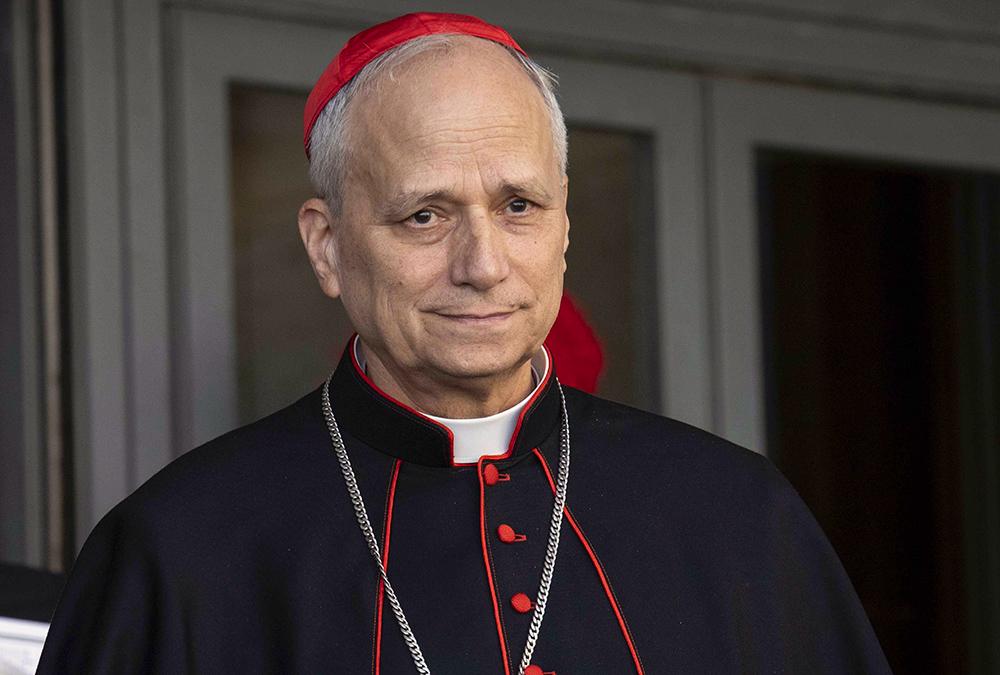The German Development Bank (KfW) has granted Namibia N$150 million for increased access to electricity in the country.
This comes after the National Planning Commission, the Ministry of Mines and Energy, the Northern Regional Electricity Distributor (Nored) and KfW signed a grant agreement last week.
According to a joint press statement released by the Federal Germany Embassy in Namibia, Nored and the energy ministry, the grant supplements the Ministry of Mines and Energy’s electrification budget, targeting peri-urban and rural areas in Namibia’s northeast and northwest, to be implemented by Nored.
As per latest statistics, the overall rural electrification rate in Namibia stands at 20 to 30% while overall electrification stands at roughly 55% countrywide.
“Namibia’s un-electrified areas are often far away from the grid and characterised by low population densities or highly dispersed settlements. In order to ensure long-term sustainability and economic viability of the new connections for the regional electricity distributor, the grant will cover the investment cost,” says the statement.
It says, by agreeing on a mixture of peri-urban on-grid and remote off-grid electrification connections, the new lines will generate enough income to ensure maintenance by the regional electricity distributor.
National Planning Commission director general Obed Kandjoze says data from the recent census indicates that the Namibian population stands at 3,01 million people and the actual electrification rate might be lower than 55% and even lower in rural and remote areas.
Kandjoze says energy projects are much-needed initiatives with substantial impact. He says more projects of this kind will augment the government’s efforts to increase access to energy.
Ministry of Mines and Energy execurive director Penda Ithindi says the N$150 million complements the ministry’s budget and electricity plans. He says, according to the Access-to-Energy Project plan, close to 4 000 connections will be installed which translates to provision of energy access for 18 000 to 20 000 people.
German Ambassador to Namibia Thorsten Hutter says the Access-to-Energy Project will fight energy poverty by expanding and improving electrification in rural and peri-urban areas and initiate the productive use of electricity which will expand income opportunities and enhance economic development.
Nored acting chief executive Toivo Shovaleka says Nored is responsible for the overall project implementation and will partly engage service providers for the roll-out.
“With regards to off-grind solutions, the funding proposal is intended to strengthen respective operating providers in the growth,” says Shovaleka.
Since 1990, Germany – through its development cooperation with Namibia – has funded Namibia with €1,6 billion, which is approximately N$32,3 billion.
Stay informed with The Namibian – your source for credible journalism. Get in-depth reporting and opinions for
only N$85 a month. Invest in journalism, invest in democracy –
Subscribe Now!










